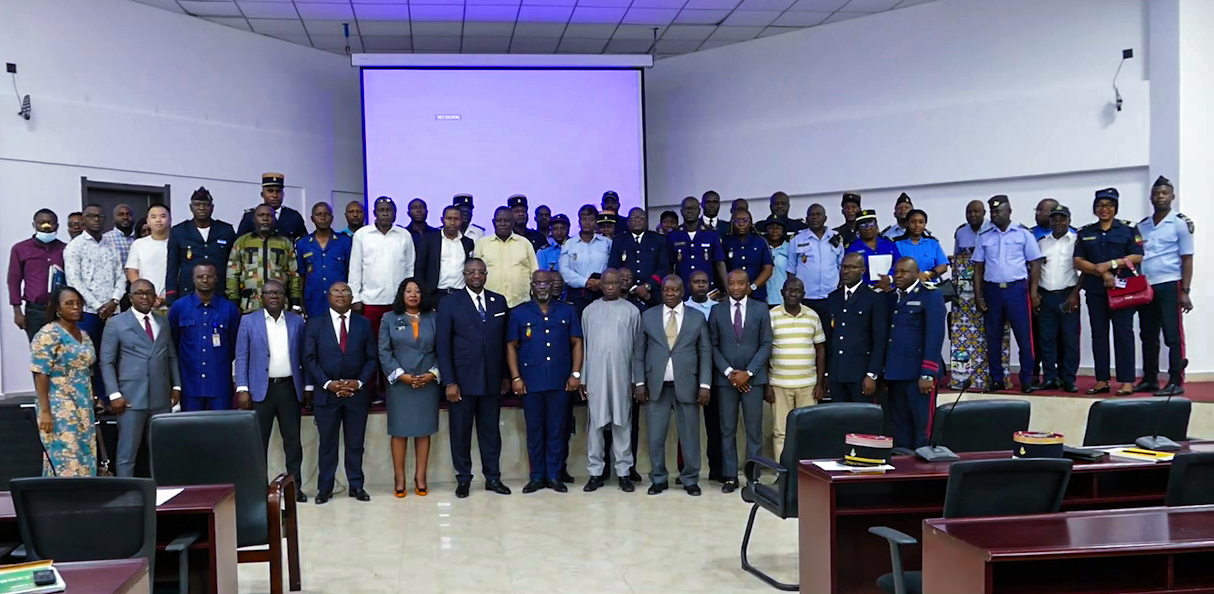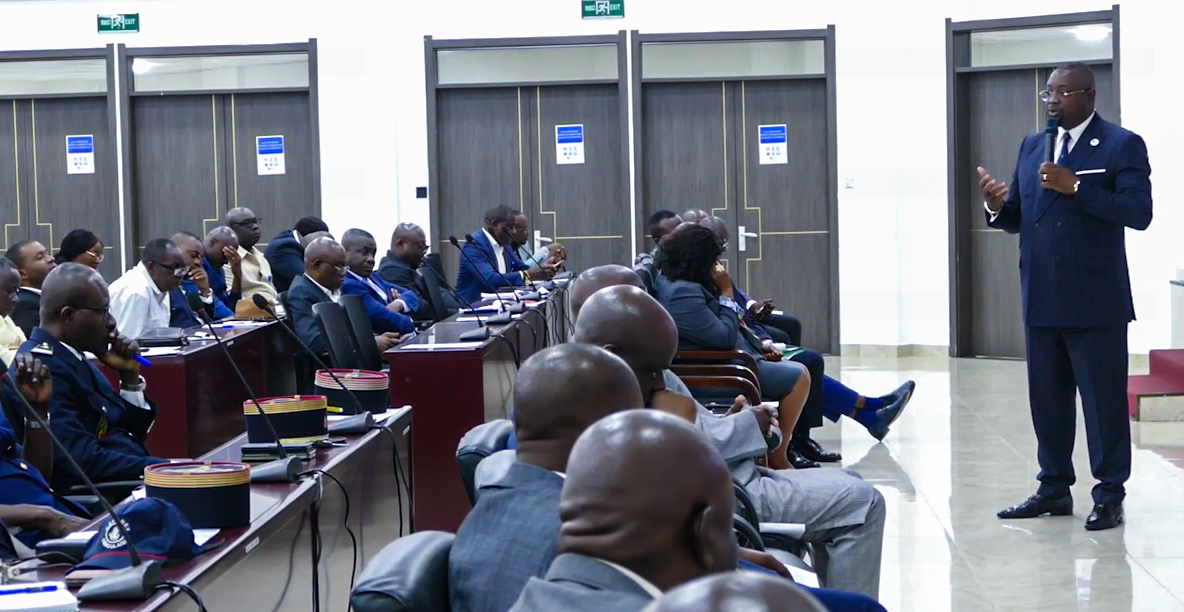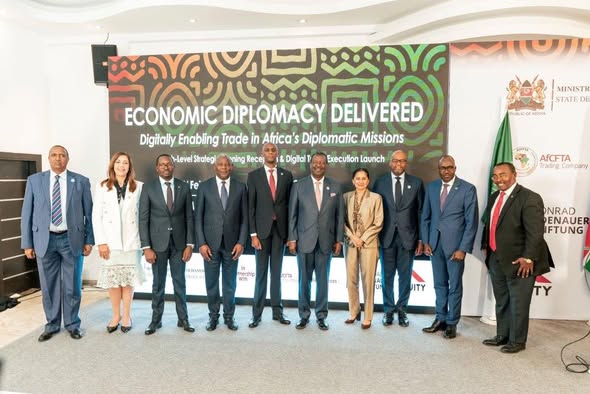Republic of Congo: the Congolese Shippers’ Council presented the BESC to international trade stakeholders.


In line with its traditional mission of assisting Shippers, the Congolese Shippers’ Council held a sensitization conference on the dematerialization of the Electronic Cargo Tracking Note (BESC) on April 1, 2025, at its headquarters. The event, led by its General Director Dominique Candide Fabrice KOUMOU BOULAS, was attended by the Head of the Customs and Indirect Taxes Department of Pointe-Noire. The conference aimed to inform stakeholders in the transport chain about the dematerialization of the BESC and to provide an overview of the texts governing maritime traffic. It was an opportunity for interactive discussions between representatives from the Congolese Shippers’ Council, Customs, Forwarders, Consignees, and Shippers, focusing on the importance of this document, which is required for all customs transactions.
Organized by the Congolese Shippers’ Council in collaboration with the Pointe-Noire customs department, the conference was led by some of the Council’s staff. Its goal was to present and promote the dematerialized Electronic Cargo Tracking Note (BESC) to shippers, forwarders, consignees, shipowners, and other stakeholders in the transport chain. The conference became an essential exchange of ideas and a platform for discussing various issues related to the BESC. This document, which is mandatory for all customs clearance operations, must be included in the cargo declaration file to avoid rejection.
Any cargo without a BESC constitutes a violation of the regulations, and the goods may be blocked with penalties. Therefore, the speakers emphasized the importance, role, and mechanisms for obtaining the dematerialized BESC, which allows Customs to have accurate information about the cargo’s value and secure revenues. This conference was a valuable opportunity for the Congolese Shippers’ Council to promote this important dematerialized document, as stated by Dominique Fabrice Candide KOUMOU-BOULAS, who added: ‘We are currently working on the adoption of this process, focusing on mastering the document to ensure the security of revenues from upstream to downstream.’
Speaking on behalf of the Director of the Pointe-Noire customs department, Alain Mantari, Head of Customs Control, expressed appreciation for the initiative by the Congolese Shippers’ Council and said: ‘We need exchanges like this among partners to understand the scope of the BESC, which we ourselves require in customs documentation. It is now critical for us, as without the BESC, we cannot process any file. This will allow us to control the exact value assigned to the goods. The BESC is therefore a crucial element in calculating the customs duties and taxes for goods shipped by sea.’
The forwarders, shippers, and other stakeholders present at the event highly appreciated the Congolese Shippers’ Council’s initiative and the importance of the dematerialized BESC, stating: ‘Today, as forwarders and shippers, we feel relieved. The document is so important that no one can deny or reject its validity within the administration.’ The dematerialization of the BESC ensures that Customs now has an easier way to assess the real value of goods upstream.
This conference on the dematerialization of the Electronic Cargo Tracking Note for regularization, organized by the Congolese Shippers’ Council, is part of its mission to assist shippers and manage multimodal traffic.





